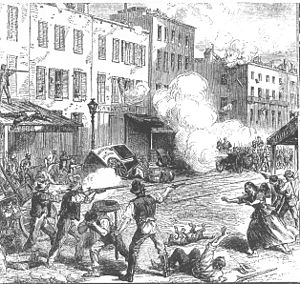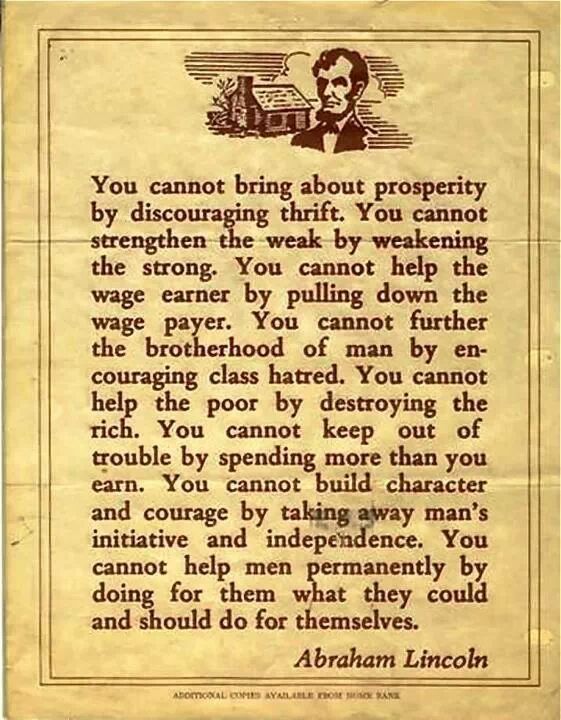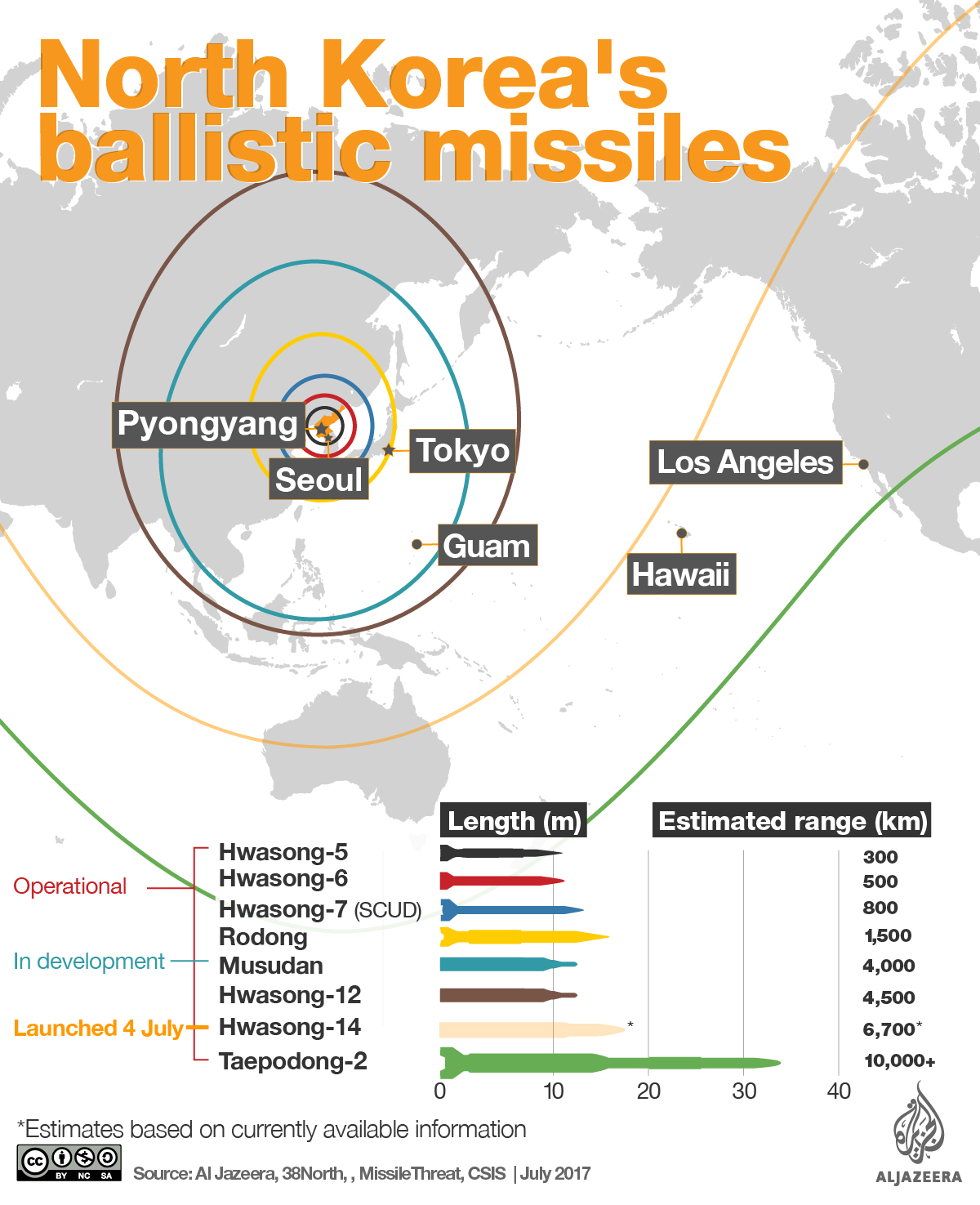On Fake News
It's no secret that our society has had political tumult in
the last two years. There is no doubt that our discourse has become
radicalized. I do think that social media has a lot to do with that. We are in
a new phase of our history, and the new kinds of communication technologies
have arisen that have changed people's relationship to information and ideas.
It is a worrisome trend that families are split over political questions and
friendships seem to be dissolving at this point as well. It is saddening to
think that Americans now may be resembling the Sunnis and Shia.
Part of the problem with fake news is that any kook with a
modem and a camera can create any story they want and broadcast it to the world
in just a few moments. There have been some documented cases in the New York Times
a couple months ago, in November, about how fake news spreads throughout the
Internet. As Mark Twain once observed, a lie gets halfway around the world
before the truth can get its shoes on. I think we're seeing that idea writ
large in the instantaneous global communications that we now have. Add to that
the emotional human desire to believe what we want to believe. It seems in our
society today, the stories people want to tell themselves matter more than the
realities they're enduring.
Teachers need to elevate the discourse with their students.
To present to the students ideas of greater sophistication, more detailed
factual bases, court issues and problems, to keep the students reading,
writing, and thinking. While for some people it's a dark moment that our
society has political tumble, it can also be a gold mine of teachable moments
for teachers.
One thing teachers can do to help on this is to keep the
students grounded in core questions within their curriculum, [in order to make] students truly interested in the problems. Look for ways to create consensus over
things like crime and punishment, the budget, alliances overseas, war and
peace. There is still much consensus in American society. The foundations of
our institutions are strong. America's Constitution is durable, it has proven the test of time. Through many dark times [like] 1862 [and] 1942.
These were dark times as well and we did not know the outcomes of the day’s
events either and America turned out okay. Keep the students grounded in their
roots as Americans in our unifying principles.
On Facts vs. Ideas in History Education
Too many of America's history teachers are just dragging
their students through a parade of dates and facts. Teachers are packaging
their students. Do you recall that video of that young man that berated his
teacher for not teaching? He urged his teacher to stimulate the students and "touch their hearts." Some people say the boy was insolent, but others say you
know he deserves a medal.
In any case there can be too much emphasis on just facts and
the [bare] information of history. What teachers need to do is give students the
ideas of glue that hold the facts together in the first place. In an age where
students can Google anything, get any piece of information or nearly any
document they want, it is essential that we teach them how to think.
The role of the history teacher is to show students how to
build arguments, to anticipate and refute counterclaims, to integrate the best
and most relevant factual records.
Clearly, Bob knows his stuff, both from personal experience and devoted study. I'm very grateful he was able to pass along so much knowledge to me, and by extension all of you. He is a rare voice of clarity and wisdom for the times we live in, but he's not just a man of words. Indeed, whether by researching and learning, teaching others, or refusing to accept the proliferation of BS in our lives, we can all follow in Bob's example for the rest of our lives. There's no time like the present!
Clearly, Bob knows his stuff, both from personal experience and devoted study. I'm very grateful he was able to pass along so much knowledge to me, and by extension all of you. He is a rare voice of clarity and wisdom for the times we live in, but he's not just a man of words. Indeed, whether by researching and learning, teaching others, or refusing to accept the proliferation of BS in our lives, we can all follow in Bob's example for the rest of our lives. There's no time like the present!







